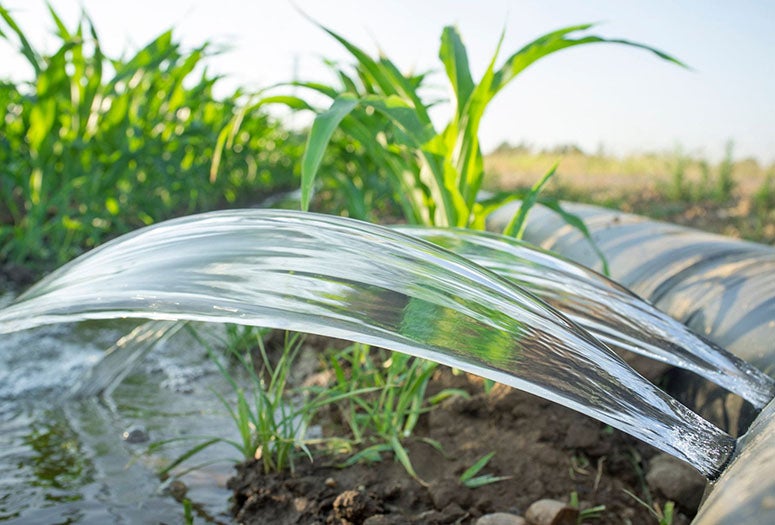HOUSTON – (Aug. 3, 2021) – Iran’s groundwater depletion and food security crisis is an issue of global importance reflecting not only climate change, but also a pattern of policy mismanagement, according to an expert from Rice University’s Baker Institute for Public Policy.
Gabriel Collins, the Baker Botts Fellow in Energy and Environmental Regulatory Affairs at the Baker Institute, is available to speak to the news media about what it means for future water and food security issues.
"Water bankruptcies often unfold like financial ones: gradually and then suddenly,” said Collins. “The violent water crisis in Iran's Khuzestan region flashes warning signs for other regions in Iran, as well as India, China, the Nile and Mekong River basins, and also the United States — including Texas."
Water shortages often exacerbate existing political and social instability and heighten governments’ focus on food security, Collins explained in a 2017 report.
“This matters because Iran is a Middle East power player and key global energy supplier home to more than 80 million people, many of whom could be displaced by a worsening water supply situation,” he wrote. “Iran’s internal problems could ripple far beyond its borders, an important issue given substantial Iranian involvement in multiple regional conflicts. As such, policymakers in the Gulf region and in Washington should pay closer attention to this unfolding situation.”
Iran’s water crisis is partly a product of climate and water management, Collins argues. Most importantly, he wrote, it stems from “decades of sanctions and compounding political mismanagement that is likely to make it very difficult to alleviate the emerging crisis before it wreaks lasting damage upon the country.”
Iran has set a goal of self-sufficiency in wheat production that has overburdened its water supply, Collins explained. Groundwater can be overpumped and cause well water yields to drop — meaning irrigated farming may no longer be possible.
“This phenomenon already affects western portions of the Midwestern U.S. Grain Belt that rely on water from the High Plains aquifer to sustain crop production,” he wrote.
Collins believes the situation in Iran "highlights how grain cultivation in wetter states like Illinois, Indiana and Iowa is a critical strategic food security resource for the United States."
“However, climate shifts and irregular rainfall patterns mean this traditional productivity should not be taken for granted," he wrote. "Now is the time for key U.S. agricultural regions to consider updating water resource governance to ensure future availability in the face of increased climate uncertainty and competing water demands from other users.”
To schedule an interview with Collins, or for more information, contact Avery Franklin, media relations specialist at Rice, at averyrf@rice.edu or 713-348-6327.
-30-
Related materials:
Report: https://www.bakerinstitute.org/media/files/files/1dcfb1ab/CES-pub-IranWater-040317.pdf.
Collins bio: https://www.bakerinstitute.org/experts/gabe-collins/.
Follow Rice News and Media Relations via Twitter @RiceUNews.
This news release can be found online at news.rice.edu.
Founded in 1993, Rice University’s Baker Institute ranks as the No. 1 university-affiliated think tank in the world and the No. 1 energy think tank in the world. As a premier nonpartisan think tank, the institute conducts research on domestic and foreign policy issues with the goal of bridging the gap between the theory and practice of public policy. The institute’s strong track record of achievement reflects the work of its endowed fellows, Rice University faculty scholars and staff, coupled with its outreach to the Rice student body through fellow-taught classes — including a public policy course — and student leadership and internship programs. Learn more about the institute at www.bakerinstitute.org or on the institute’s blog, http://blog.bakerinstitute.org.

